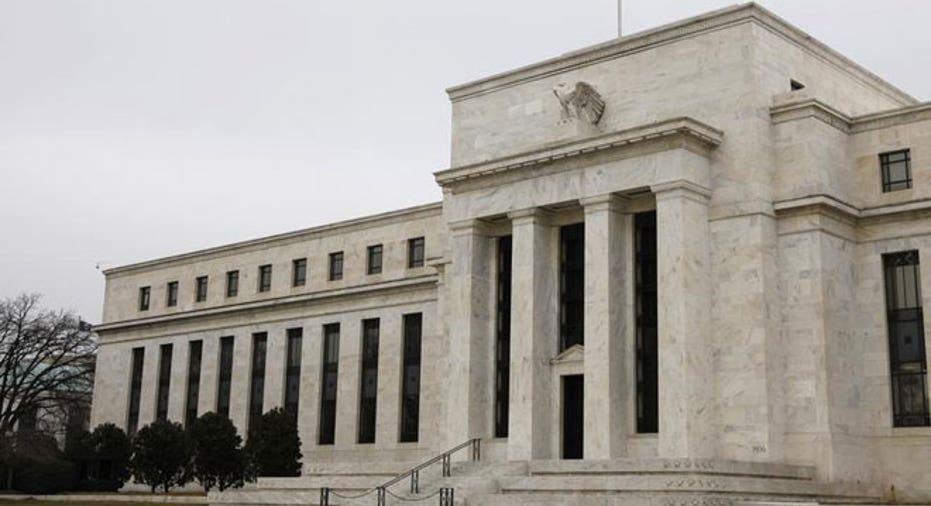Fed's Kaplan Calls for Patience on Hiking Rates

Dallas Federal Reserve President Robert Kaplan called on Thursday for the U.S. central bank to be patient when it comes to raising interest rates, citing the effect of tighter financial conditions on U.S. economic growth.
Global factors like the drop in stock markets, the decline in the price of oil, and the rise in the dollar since the beginning of the year are acting like a brake on the U.S. economic recovery, similar to the effect of an interest-rate increase, he said.
"While I believe that excessive accommodation carries a cost in terms of distortions and imbalances in hiring, asset allocation and investment decisions, I also believe that, at this juncture, the Fed needs to show patience in decisions to remove accommodation," Kaplan said.
The Fed raised interest rates in December for the first time in nearly a decade, and at the time policymakers indicated they thought they would like raise rates four more times over the course of the year.
But a sharply slowing global economy, volatile financial markets and a world oil-supply glut have conspired to change that picture, with some Fed officials saying they now see more risks to their outlook than before.
Kaplan said he expects the U.S. economy to be "resilient" this year, with consumer spending buoyed by lower gas prices, among other factors. He forecast about 1.9 percent U.S. GDP growth for this year, enough to push down the unemployment rate, now at 4.9 percent.
But, he added, while monetary policy remains accommodative, it is "somewhat" less so than it was at the beginning of the year "in light of tightening global financial conditions."
The Fed needs to be diligent in assessing the impact of those conditions and slower global growth on the U.S. economy, he said.
Kaplan said he does not expect the U.S. economy to fall into recession this year, however, and suggested that the table is set for stronger household spending.
"Nationwide, the data that we look at suggests the consumer is in pretty good shape,” he said.
(Reporting by Jon Herskovitz; writing by Ann Saphir; Editing by Chizu Nomiyama)



















